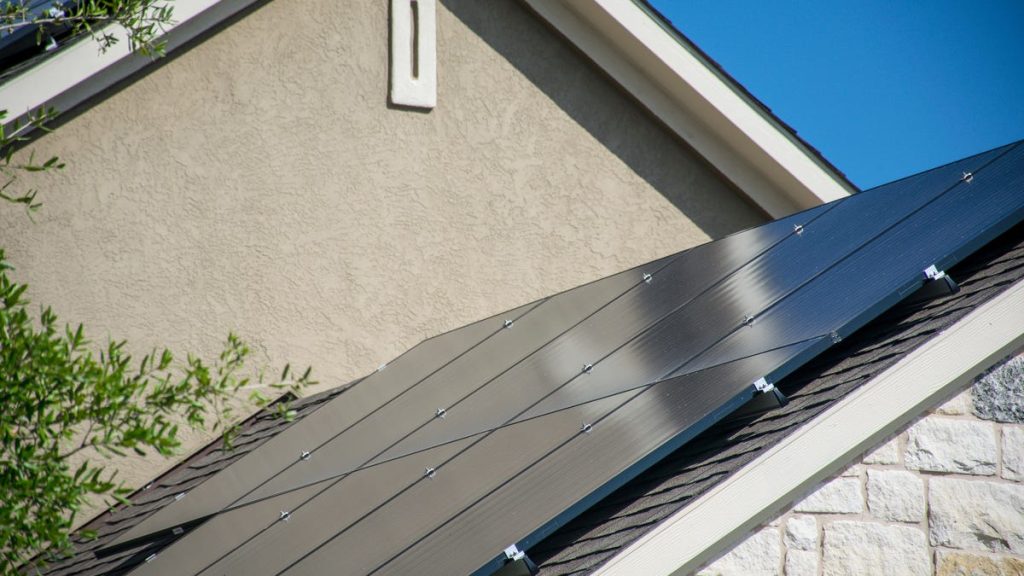Texas residents are considering switching to solar power as the power grid continues to cause problems in the state. Solar power allows users to store energy generated at home, saving money and providing a backup in case of emergencies. Installing household solar panels in Texas has become easier due to federal and local incentives that ease the financial burden. State incentives in Texas allow homeowners to recoup costs by sending excess electricity back to the grid, gaining credits for future use. Local programs and solar installers can also provide information on incentives available in different areas across the state.
Several national solar panel installers operate in Texas, each offering unique benefits. Palmetto Solar is known for its monitoring service, providing additional peace of mind for homeowners. NRG Clean Power offers a price match and a 40-year warranty for residents in Texas and California. Elevation focuses on the energy efficiency of homes, offering a comprehensive approach to solar installation. Tesla Solar is known for its affordability and offers quality panels and storage solutions. Momentum Solar installs panels in 11 states with in-house installers and strong workmanship warranties.
Local solar companies in Texas, such as Texas Best Solar, Solartime USA, and Sunshine Renewable Solutions, specialize in residential and commercial installations. These companies offer a range of products and services, including solar batteries, inverters, and warranties. The cost of solar panels in Texas varies depending on the system size and additional equipment. Residents can take advantage of federal tax credits and state incentives to reduce the upfront cost of solar panel installations and save on energy bills.
Texans buying solar panels in the coming years can qualify for a 30% federal tax credit, as well as property tax exemptions to protect the value of their homes. Various local and state incentives, such as rebates and net metering programs, provide additional savings for residents. Texas’s residential solar policies were ranked poorly by CNET, highlighting areas for improvement in regulations affecting solar installation and adoption. Multiple financing options are available for solar panel installations, including cash, loans, leases, power purchase agreements, and home equity financing.
Factors to consider before installing solar panels in Texas include roof condition, sunlight exposure, HOA rules, and insurance coverage. Homeowners should shop around for installers with relevant experience, certifications, and good reviews. Installation factors, such as roof shape and location, can impact the efficiency and effectiveness of solar panels. By taking steps to improve energy efficiency and shop around for the best energy plan, residents in Texas can save on their electricity bills. Considering the state’s abundant sunlight and available incentives, going solar in Texas can be a worthwhile investment for homeowners.











